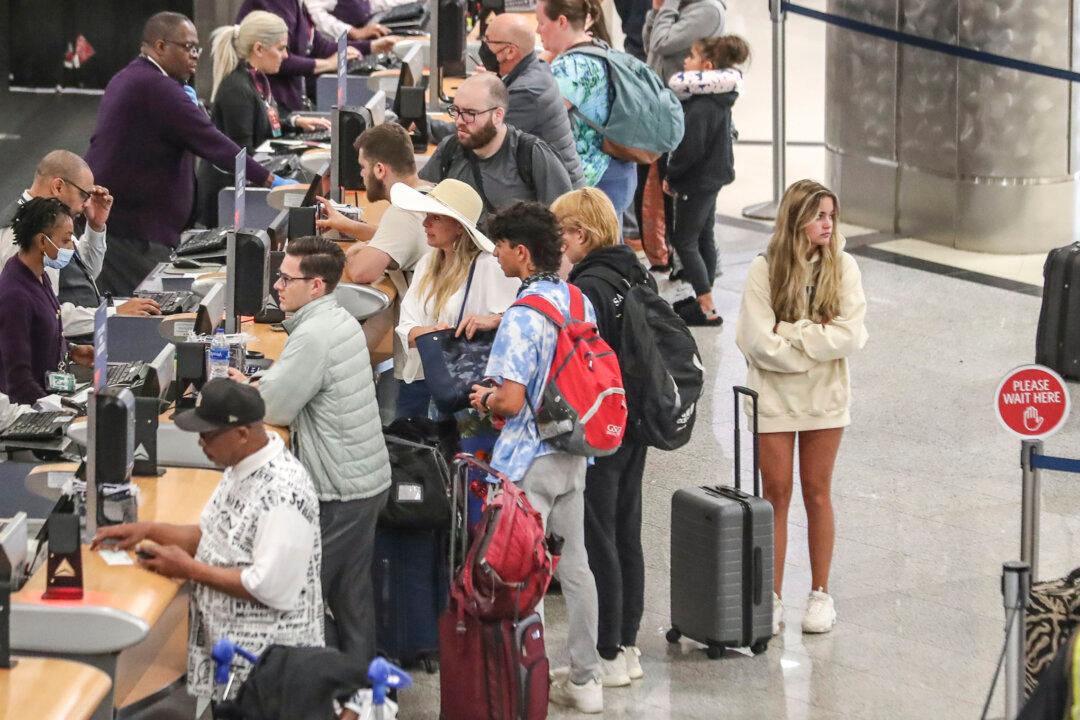By Hannah Lang
From The Charlotte Observer
Charlotte—Just about everything is more expensive these days, and air travel is no exception: in fact, the price of a plane ticket is outpacing other cost increases.

Charlotte—Just about everything is more expensive these days, and air travel is no exception: in fact, the price of a plane ticket is outpacing other cost increases.